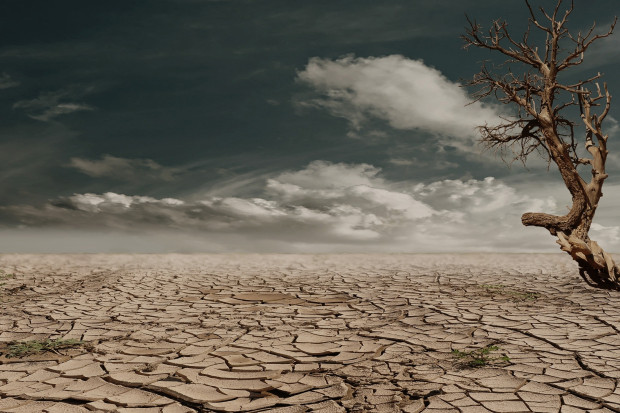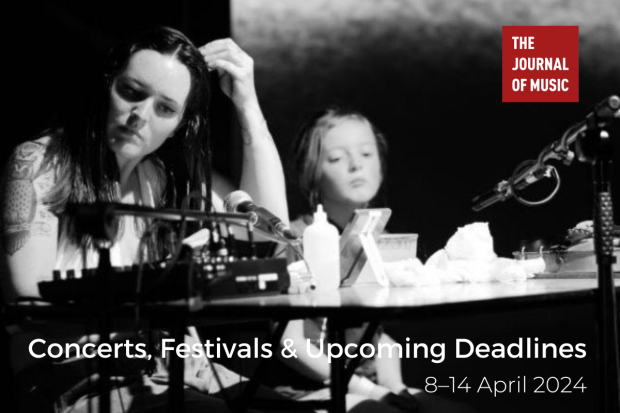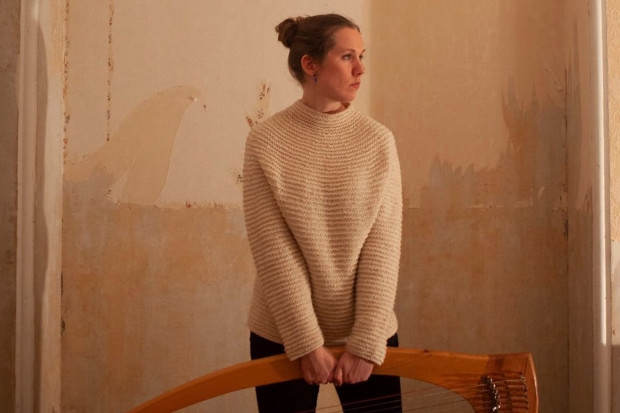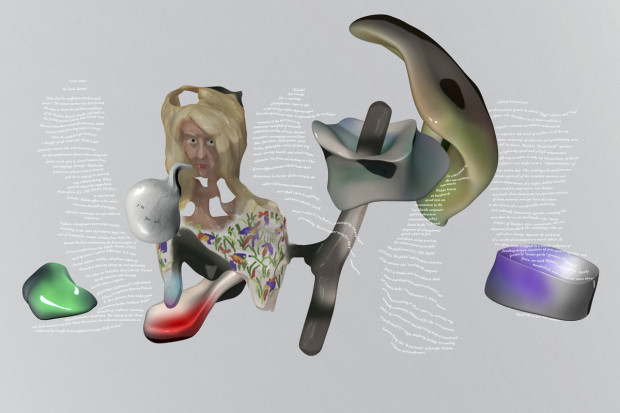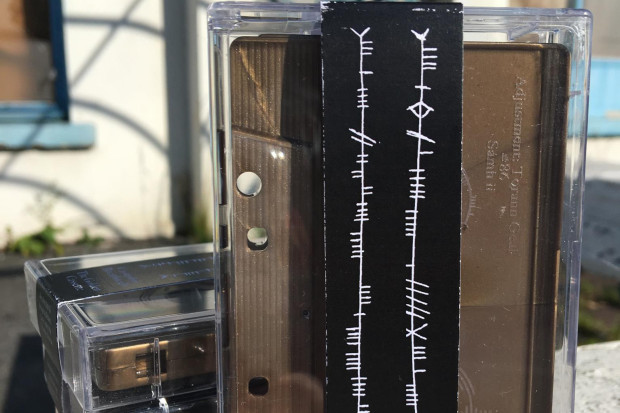
Jennifer Walshe performing recently at the Huddersfield Contemporary Music Festival (Photo: HCMF)
'AI isn’t coming for your jobs. Humans are...': Jennifer Walshe's '13 Ways of Looking at AI, Art & Music'
The composer Jennifer Walshe has just published a major essay on music and Artificial Intelligence (AI) in which she urges artists to take a more nuanced look at the potential benefits and threats of the technology.
‘13 Ways of Looking at AI, Art & Music’, published on the Substack page of the Polish contemporary music festival Unsound last Friday (15 December), contains thirteen different sections, each of which contains a different way of looking at AI, from ‘AI is Fan Fiction’ and ‘AI is an Energy Drink’ to ‘AI is Gunk’ and ‘AI as Companion Species’.
‘So how should we think about art and music made with AI?’, she writes. ‘Instead of looking for a definitive approach, one clean (and/or hot) take to rule them all, perhaps we can try to think like the networks do – in higher dimensions… Not one way of looking at AI, but many.’
Walshe, who is currently professor of composition at the University of Oxford, goes on to explore how artists might use AI in their work and how it will challenge traditional notions of creativity.
I see a future where fandoms will create music and experiences that are wildly imaginative and life-affirming, experiences which exist outside of the standard concert performances we are accustomed to. I see the possibility for new models of collaboration, new models of compensation and community-building, new models of exploitation and exclusion.
Discussing the societal perceptions of AI, the composer says that the catch-all phrase of ‘AI’ is often used as a smokescreen that ‘capitalism, surveillance and exploitation hide behind.’ She adds:
When The New York Times splashes that ‘AI is Coming for Lawyers, Again’, or The Guardian headlines a story ‘AI is coming for Hollywood scriptwriters’, or Yuval Harari, in The Economist, writes about how ‘AI has hacked the operating system of human civilisation’, they ascribe agency, and, more importantly, blame to AI.
‘AI is coming for Hollywood scriptwriters’ is a headline drawing on the meme, exploiting the beautiful dream of ‘A.I.’ for clicks and drama, not for accuracy. Because the more correct headline would be ‘Humans are founding companies which use machine-learning technology to write scripts, in a bid to profit hugely by eradicating the need to pay human scriptwriters for their skill’. A.I. isn’t coming for your jobs. Humans are. ‘A.I.’ is a way to avoid talking about that.
Inside AI compositions
Walshe has been to the fore in exploring AI in her work for a number of years, and in the essay she details how it informs compositions such as ULTRACHUNK, which featured recently at the Huddersfield Contemporary Music Festival, and the 2020 release A Late Anthology of Early Music Vol. 1: Ancient to Renaissance.
Unlike cultural critics of the technology, she embraces the artistic potential in AI results: ‘The network can be instructed, but the artistic decisions it makes can never be absolutely controlled, known or understood. That’s what makes it so exciting.’
But Walshe concludes the essay be arguing for more engagement by artists with AI: ‘Ultimately it is people who are responsible for what these networks will do, for the joy as well as the brutal violence that will result. We users, we humans, must demand a stake in these networks, because we will be working alongside them, and we need more involvement in them than tiny context windows permit. … If AI is to be more than the transitional object to turbocharged exploitation, bias and even, possibly, extinction, we need to get involved. To paraphrase Donna Haraway, we need to “shut up and train”.’
To read ‘13 Ways of Looking at AI, Art & Music’, visit https://unsoundfestival.substack.com/p/unsound-dispatch-13-ways-of-looking
Subscribe to our newsletter.
Published on 18 December 2023










